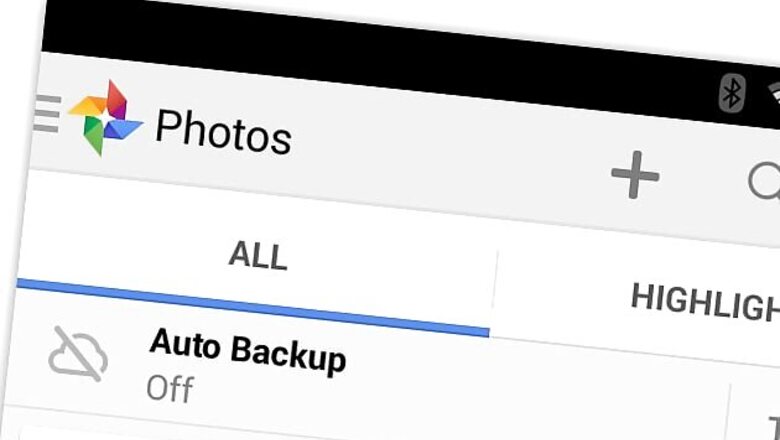
views
New Delhi: Nude photos purportedly showing many top stars took the Internet by storm. Word of the images began spreading early Sunday and multiple reports suggest that the photos had been obtained by hacking into iCloud accounts. Apple says it is investigating whether any iCloud accounts had been tampered with.
Cybersecurity experts speculate that hackers may have obtained a cache of private celebrity images by exploiting weaknesses in an online image-storing platform.
This latest incident again brings to light the fact that our images and data no longer just reside on the devices capturing them but are also uploaded to the cloud. And even we may believe that he data posted on our online accounts is under our control, in reality that control and privacy is only imaginary. There have been numerous incidents in the recent past for us to remain sceptical about the security of our online data.
As our phones are getting smarter and the Internet connectivity is getting speedier more and more applications urge us to backup the photos we click and other content automatically online.
While such features might come in very handy when trying to access the content from other places or when a device is lost or damaged, your data remains retrievable from the cloud and not only by you. This is the potential cost attached, that these celebrities and so many others have would have realised.
This makes it now even more important to revisit the settings of different apps on your phones and other devices to check what content is being automatically backed up and to think and take an informed decision on what content you would like to go to a place from where someone else can potentially access it.
With iPhone photos, for instance, if you have Photo Stream turned on, that means you are storing your photos on iCloud. Check your settings under iCloud. On Android phones, check the Auto Backup settings under Google+ in Google settings.
If you don't want your photos and documents stored online, there are other ways to store information, including using an external hard drive or your device's own storage.
Better safe than sorry.
(With inputs from AP)




















Comments
0 comment